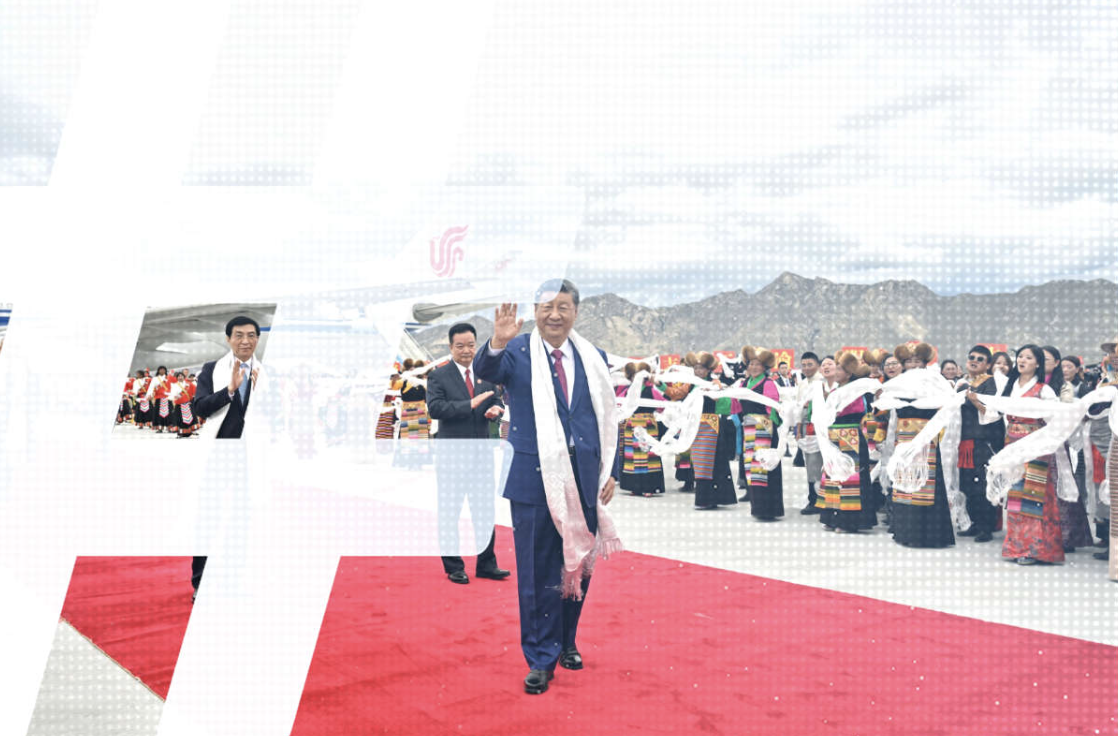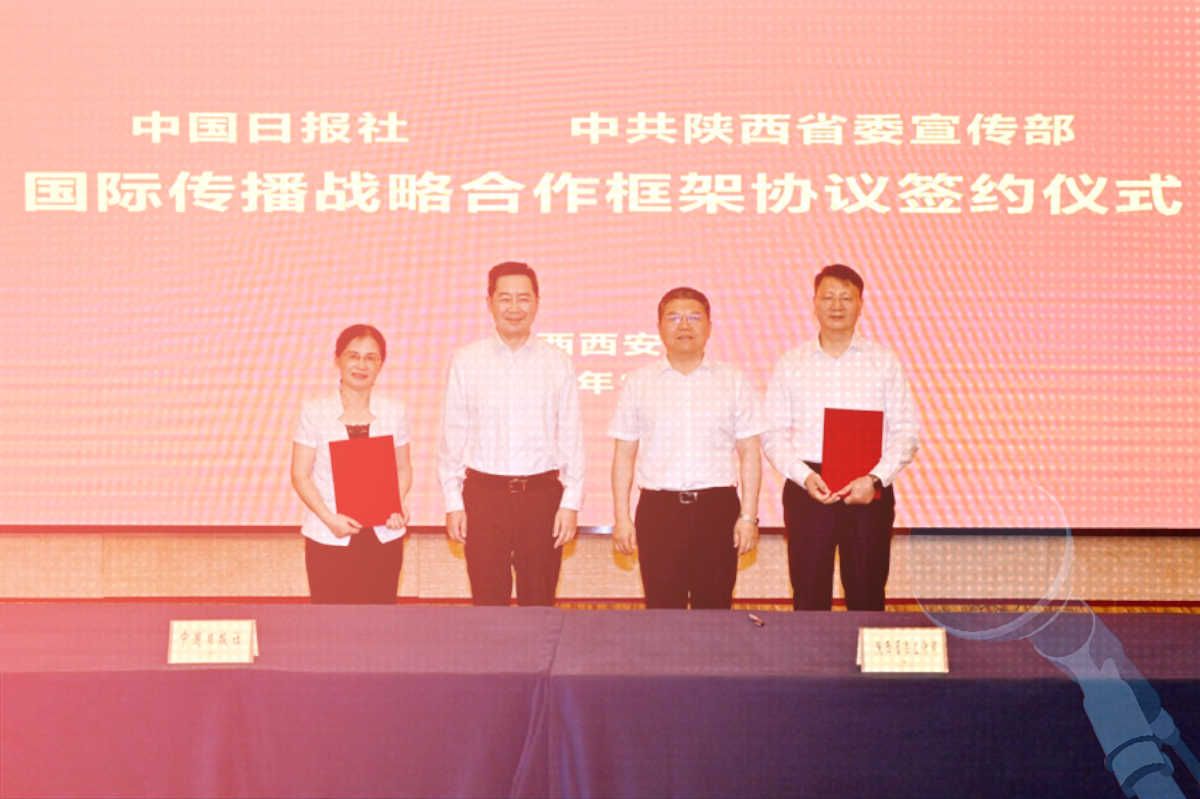The following is a partial translation of an article by Xiao Shu appearing on the Chinese website of the New York Times on January 29, 2013.
Social harmony and peaceful social transition can be achieved in China today only through the remaking of state-society relations. The recent Southern Weekly incident, in which people from diverse social backgrounds rallied behind one of China’s leading newspapers and called for an end to censorship, provides a constructive example of how social movements might promote such a transition.
There are five basic conditions oppositional politics (抗争政治) or social movements in China must satisfy in order to have farther-reaching consequences. They must be:
1. mass in scale (大规模)
2. organized (有组织)
3. non-violent (非暴力)
4. low-cost (低成本)
5. sustainable (可持续)
The Southern Weekly incident marked an important breakthrough on the first of these conditions. The incident was mass-scale, drawing support from across the country.
A popular message shared recently across China’s social networks encapsulates quite well the significance of mass scale in social action:
When there are 10 of you, we will destroy you; when there are one-hundred of you, we will detain you; when there are a thousand of you, we will drive you away; when there are ten-thousand of you, we will do nothing; when there are one-hundred thousand of you we will join you.
In China, scale has long been a bottleneck issue facing oppositional politics or social movements. What does it mean for a movement to be mass-scale? It means that the movement must have involvement from ordinary citizens. If ordinary citizens do not become involved, if a movement is sustained only be a handful of leaders, scale cannot be achieved and demands cannot gather momentum.
For rulers having substantial resources with which to constrain social activism, such actions do not pose a clear and present danger. Rulers can simply mobilize their resources and give the order to strike. In such cases, a small minority of dissenters bear the brunt of the repressive force, and the price they pay in turn serves as a general deterrent to other members of the society. Terror will cause the vast majority of people to lose the will to resist, and there will be fewer leaders to sustain action. The bottleneck of scale remains impossible to break through.
China has never been short of individual heroes having the courage to resist. But no matter how many individual heroes emerge, the problem of scale remains. If we assume that the peaceful transition of Chinese society relies on oppositional politics or on social movements, the question then arises: How can isolated instances of resistance by the few be elevated to mass-scale movements drawing the support of large numbers of ordinary citizens?
The question of how oppositional politics can enter Chinese society has become integral to the success or failure of China’s peaceful transition.
Herein lies the significance of the Southern Weekly incident. If we look for similar examples of resistance after 1989 in China, we have only the Wukan incident in Guangdong province in 2011. We could say that the Southern Weekly incident was a media Wukan.
One of the most important reasons violent suppression was avoided in the case of Wukan was that the movement was mass-scale. Nearly all the villagers in Wukan were united in resistance against corrupt local officials. The suppression by force of such a mass-scale movement would have meant paying a high price politically. Fearful of the consequences, provincial authorities relented and opted for negotiations.
This happened too with the Southern Weekly incident. Even generally reticent personalities like Ren Zhiqiang (任志强) and Kaifu Lee (李开复) stepped out to speak for Southern Weekly, along with artists like Yao Chen (姚晨), Li Bingbing (李冰冰), Yi Nengjing (伊能静). Speaking out too were ordinary college students, urban white collar professionals, and even civil servants. Nationwide, those voicing support for Southern Weekly numbered at least in the tens of millions.
How was this significant? The Southern Weekly incident drew participation from the middling masses (中间人群), from those typically alienated from politics. Masses of ordinary people stood up and resisted. They did not do so out of concrete, personal interests, but rather for more general rights such as freedom of speech and the right to know.
This incident marked the first time a social consensus was formed, and collective social action taken, around the pursuit of rights in a more general sense. This was the real breakthrough we saw in the case of the Southern Weekly incident.
If we understand the event’s significance in this way, it’s not difficult to see why it occasioned so much fear on the part of the authorities. Why would the authorities take a heavy-handed approach to famous people like Ren Zhiqiang, Kaifu Lee, Yi Nengjing and others? Why would they seek them out for questioning (“drinking tea”) or shut down their social media accounts?
The fear of the authorities has three root causes:
First, resistance by the middling masses, by ordinary citizens, entirely surpassed anything they had expected. The arrogance and confidence of power was such that they cared little for the feelings of journalists and saw their resistance as insignificant in the scale of things. In their eyes, the worst case scenario might have been the shutdown of the newspaper.
The authorities never supposed that the question of a single media’s fate would stir up such mass support, that the media would form a community of resistance with people from all walks of life that would send ripples through society. This caught them entirely off guard.
Secondly, this incident was one the authorities could not purchase their way out of. The masses driving this social movement could not be bought because the demands they made did not center on concrete claims of interest. One of the most typical stability preservation (维稳) responses, paying off the aggrieved party with Renminbi, was of no avail in this case.
Thirdly, this incident crossed over geographic boundaries. When officials in Beijing ordered media to re-run the editorial from the Global Times making false claims against Southern Weekly staff, this prompted fierce objections from journalists at other media and from a broader segment of society. When staff at another newspaper, The Beijing News, stood their ground and refused to run the Global Times editorial, the fire was burning rights at the steps of Zhongnanhai.
The apprehension of the authorities over the Southern Weekly incident was not without cause. One of the chief reasons the situation did not escalate further was that Southern Weekly staff limited their demands to immediate concessions. Another concrete reason was the fact that Guangdong’s Party secretary, Hu Chunhua (胡春华), was newly in his post and wanted a quick resolution to the stand-off and a return to normalcy. The limited victory by Southern Weekly staff put everyone back to work and calmed the situation.
[The full version of Xiao Shu’s article in Chinese is available at the New York Times.]




















